Frontlist | 8 New Books We Recommend This Week
Frontlist | 8 New Books We Recommend This Weekon Mar 12, 2021
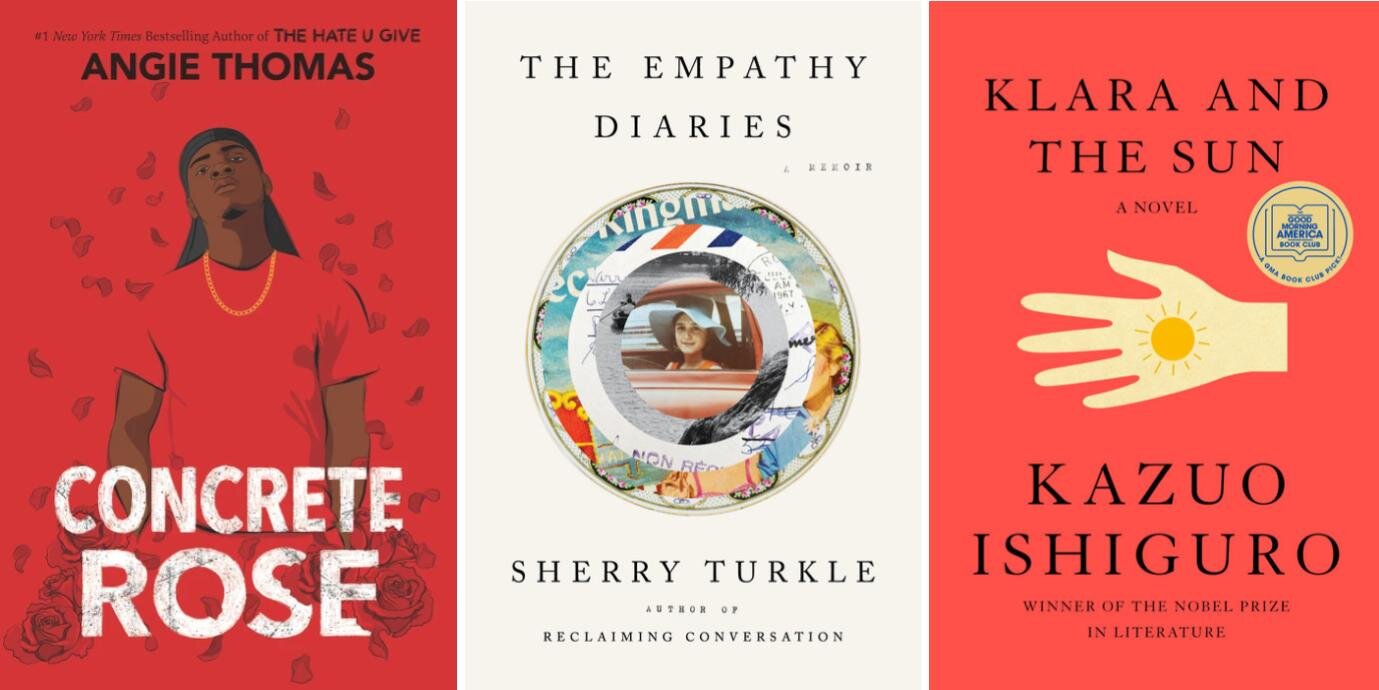
Sometimes a book sells itself: Oh, Kazuo Ishiguro’s new novel is a mournful allegory about artificial intelligence and the challenges of human connection? Sign me up, please! (But even if you’re on the same page, do make time to read Radhika Jones’s lovely review of the book; you’ll be glad you did.) Other times a good review makes all the difference. That was the case this week with Mary Roach’s wonderful take on “This Is the Voice,” by John Colapinto, an in-depth nonfiction book about the larynx. Trust me, you’ll want to read it after you read the review.
No? That’s OK, we’re all about options. We also suggest a couple of memoirs, one by the psychologist Sherry Turkle and one by the journalist Theo Padnos about his two-year captivity in Syria. We recommend a study of fashion and its cultural significance over the last millennium or so, and — going back further still — a history of soldiers in the Roman Army. And in fiction, along with the Ishiguro, we also like Susan Conley’s “Landslide” and Angie Thomas’s “Concrete Rose,” a prequel to “The Hate U Give” that puts Starr Carter’s father, Maverick, front and center.
THE EMPATHY DIARIES: A Memoir, by Sherry Turkle. (Penguin Press, $28.) Turkle is a clinical psychologist and a thinker about the ethics of technology and online life who has taught for decades at M.I.T. In this memoir, written with a warm, intimate voice, she writes about growing up in postwar Brooklyn in a semi-observant Jewish family. She evokes the hothouse atmosphere at Radcliffe and Harvard in the late 1960s, when she was an undergraduate. She writes about studying in Paris in the early 1970s, when she got to know the controversial French psychoanalyst Jacques Lacan. “The Empathy Diaries” is a “beautiful book,” our critic Dwight Garner writes. “It has gravity and grace; it’s as inexorable as a fable; it drills down into the things that make a life; it works to make sense of existence on both its coded and transparent levels; it feels like an instant classic of the genre.”
KLARA AND THE SUN, by Kazuo Ishiguro. (Knopf, $28.) Klara, the solar-powered humanoid who narrates the Nobelist Ishiguro’s powerful eighth novel, is an “Artificial Friend,” purchased as a companion to a sickly teenage girl. Through the robot’s eyes, and haunting mechanical voice, we encounter a near future in which technology, ominously, has begun to render humans themselves obsolete. Klara’s perception “is at once mechanical and deeply subjective,” Radhika Jones writes in her review. “Seeing the world from Klara’s point of view is to be reminded constantly of what it looks like when mediated through technology. That might have felt foreign a century ago, but not anymore.”
GLADIUS: The World of the Roman Soldier, by Guy de la Bédoyère. (University of Chicago, $30.) This comprehensive account about what it was like to be in the Roman military offers many surprises about the lives of ordinary soldiers 2,000 years ago, among them the fact of widespread literacy in the troops. “The biggest surprise,” Thomas E. Ricks writes in his latest column about military history, “may be that the Roman Army, though hardly a hotbed of individualism, provided us with the first time in Western history that large numbers of ordinary people left records of who they were, where they came from, what they did and where they did it — usually on their tombstones.”
THIS IS THE VOICE, by John Colapinto. (Simon & Schuster, $28.) Colapinto makes the case that our larynx — the human voice box — may be the most important boost evolution bestowed. His exploration charges off in consistently fascinating directions, including the delightful, data-based revelation that humans can reliably hear a smile. Our reviewer, Mary Roach, calls it an “exemplary” book, “equally illuminating and entertaining”: Colapinto, she says, “argues that we are hard-wired to be drawn to and moved by the human voice. It may not be over the top to suggest, as he does, that the soul, in some sense, resides in the larynx.”
BLINDFOLD: A Memoir of Capture, Torture, and Enlightenment, by Theo Padnos. (Scribner, $27.) Padnos, a freelance American reporter who dreamed of covering the war in Syria, ended up getting kidnapped and held hostage there instead. His account of his nearly two-year ordeal is sensitive, insightful and often wry, not least about his own naïve and misguided impulses. “Like many hostage memoirs, ‘Blindfold’ lays bare the human condition at its extremes,” Declan Walsh writes in his review. “There is depravity and resilience, rage and revelation, and, ultimately, a triumph of the human spirit. Padnos, however, takes the journey a step further, using his fluent Arabic to engage with his captors, probing their motives and prejudices, not to mention the psychology of a wartime community that appears to be in thrall to a fundamentalist ideology.”
DRESS CODES: How the Laws of Fashion Made History, by Richard Thompson Ford. (Simon & Schuster, $30.) Taking readers around the world from the 1200s to today, Ford embarks on an ambitious and comprehensive exploration of how fashion has been used by people both with and without money and power. “To help readers understand why we dress the way we do, Ford chronicles the fashion crimes of various eras,” Tariro Mzezewa writes in her review, “illustrating the rigidity and cruelty of social norms as enforced through sartorial laws. Joan of Arc, Ford reminds us, was tried and burned for heresy, in part because she violated religious morality by wearing men’s clothing.”
CONCRETE ROSE, by Angie Thomas. (Balzer + Bray, $19.99.) This Y.A. novel, a prequel to the popular “The Hate U Give,” follows its 17-year-old hero as he learns he’s going to become a father, considers leaving his gang and envisions his family legacy. Despite these challenges, a “familiar hum of collective care is woven throughout ‘Concrete Rose’ and showcases the full humanity of Black folks — and Black boys in particular,” Martha Tesema writes in her review. Read more: https://www.frontlist.in/frontlist-the-frankensteins-monsters-of-the-21st-century/


.jpg)






.jpg)

.jpg)
.jpg)
.jpg)
.jpg)
.jpg)


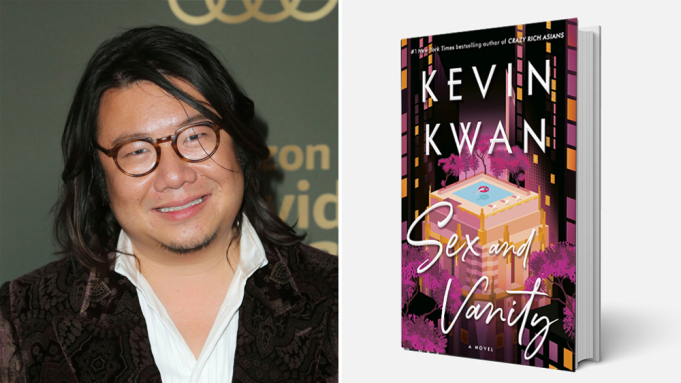
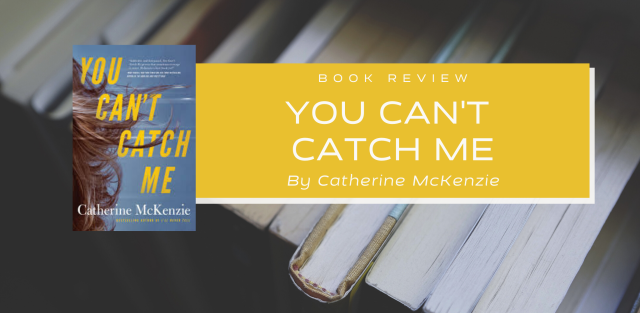

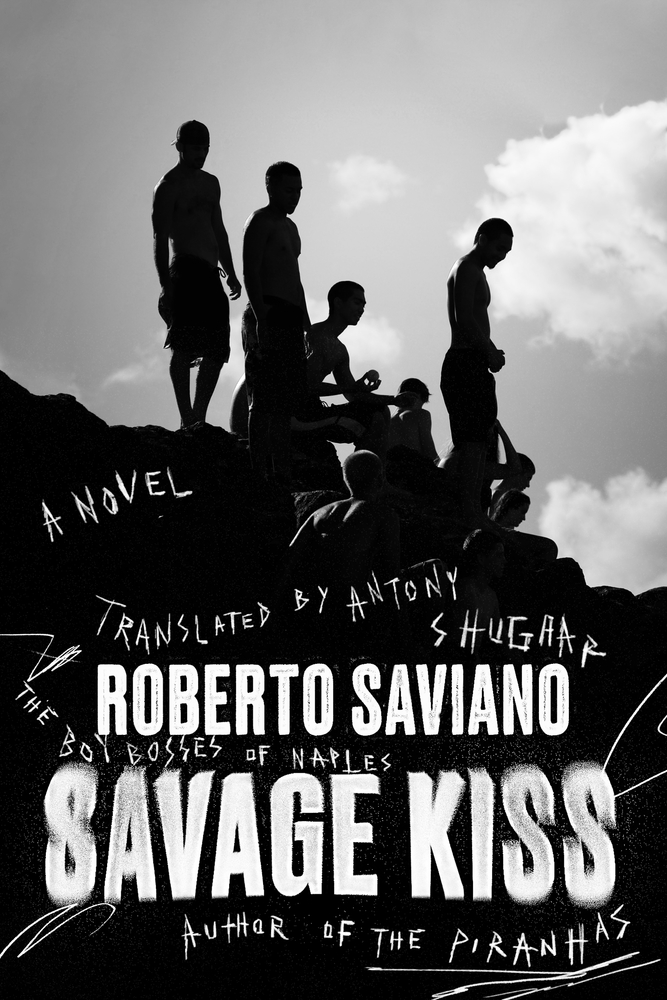
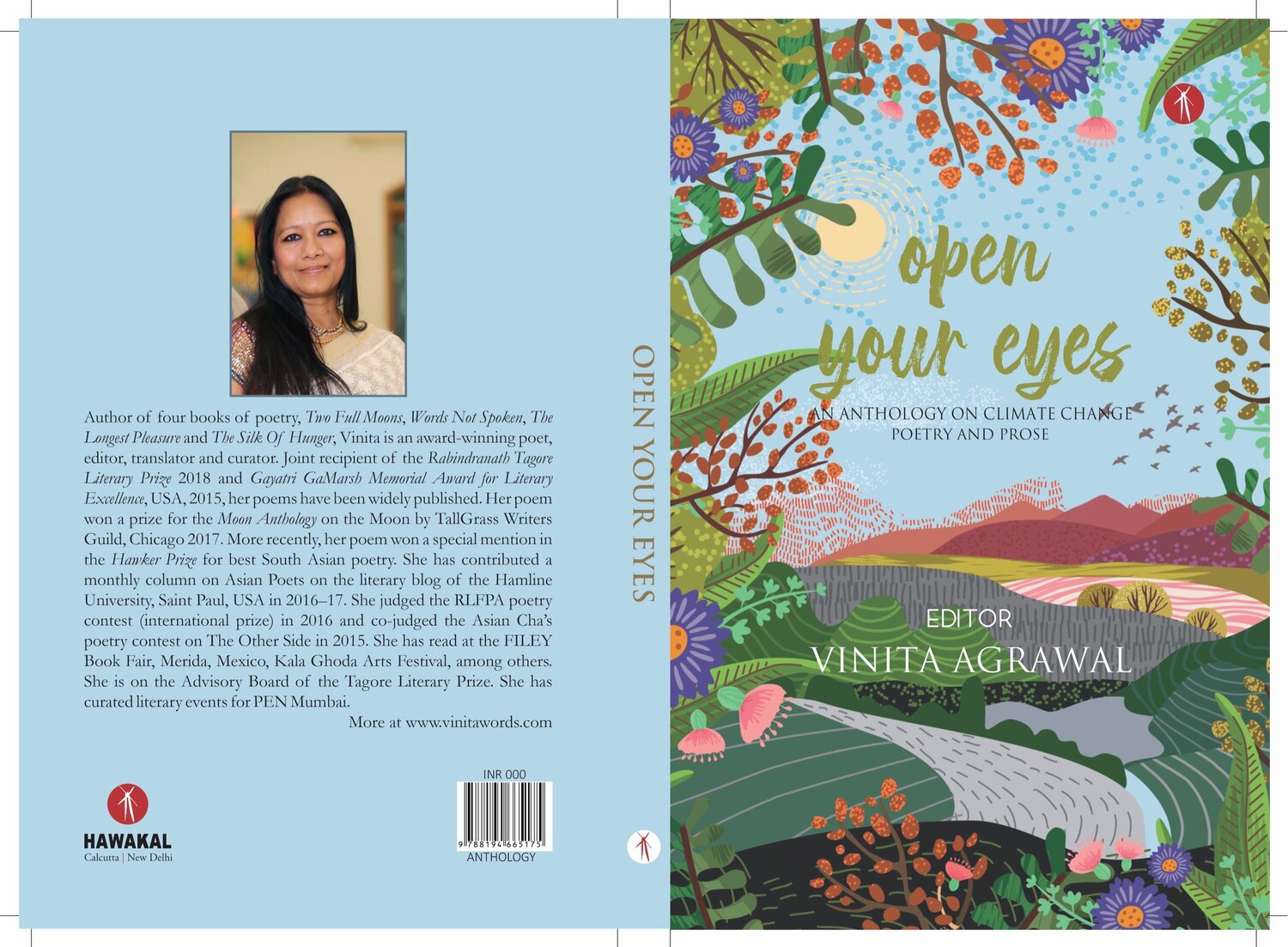
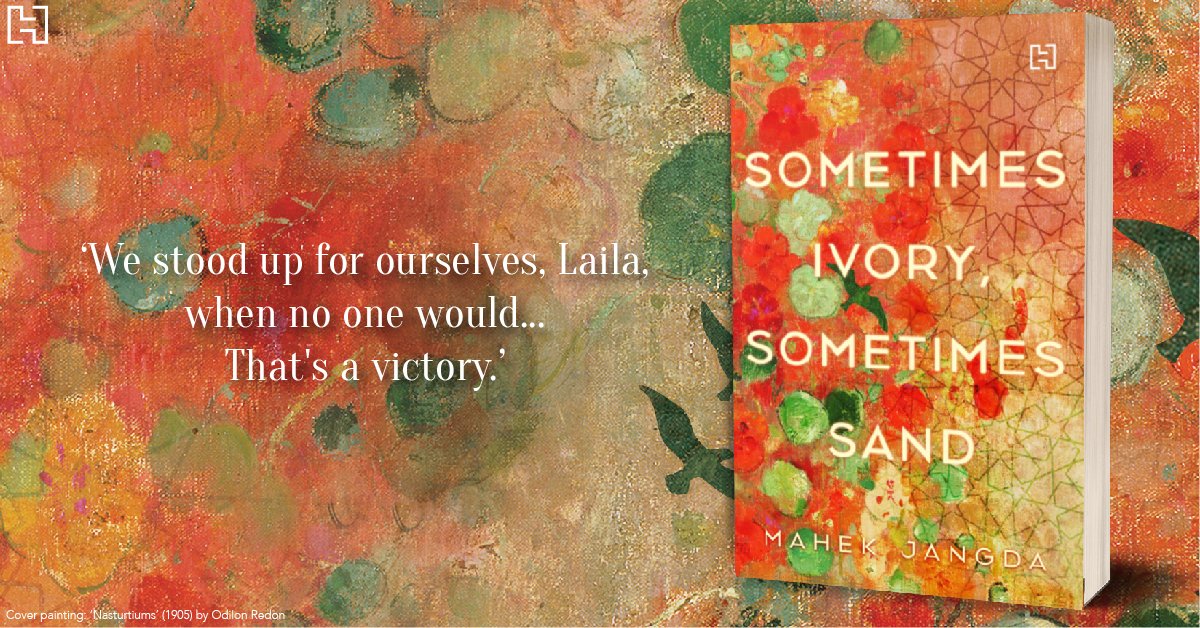
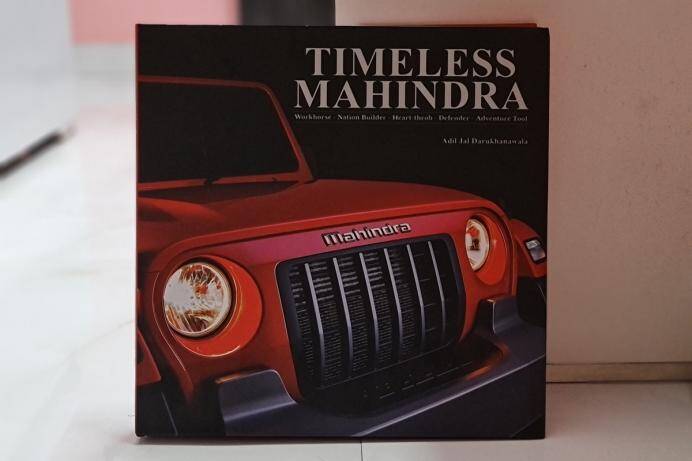
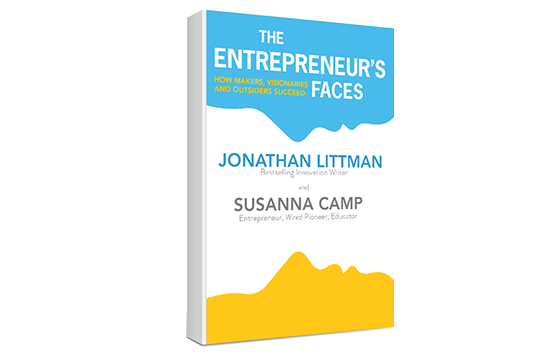
Sorry! No comment found for this post.